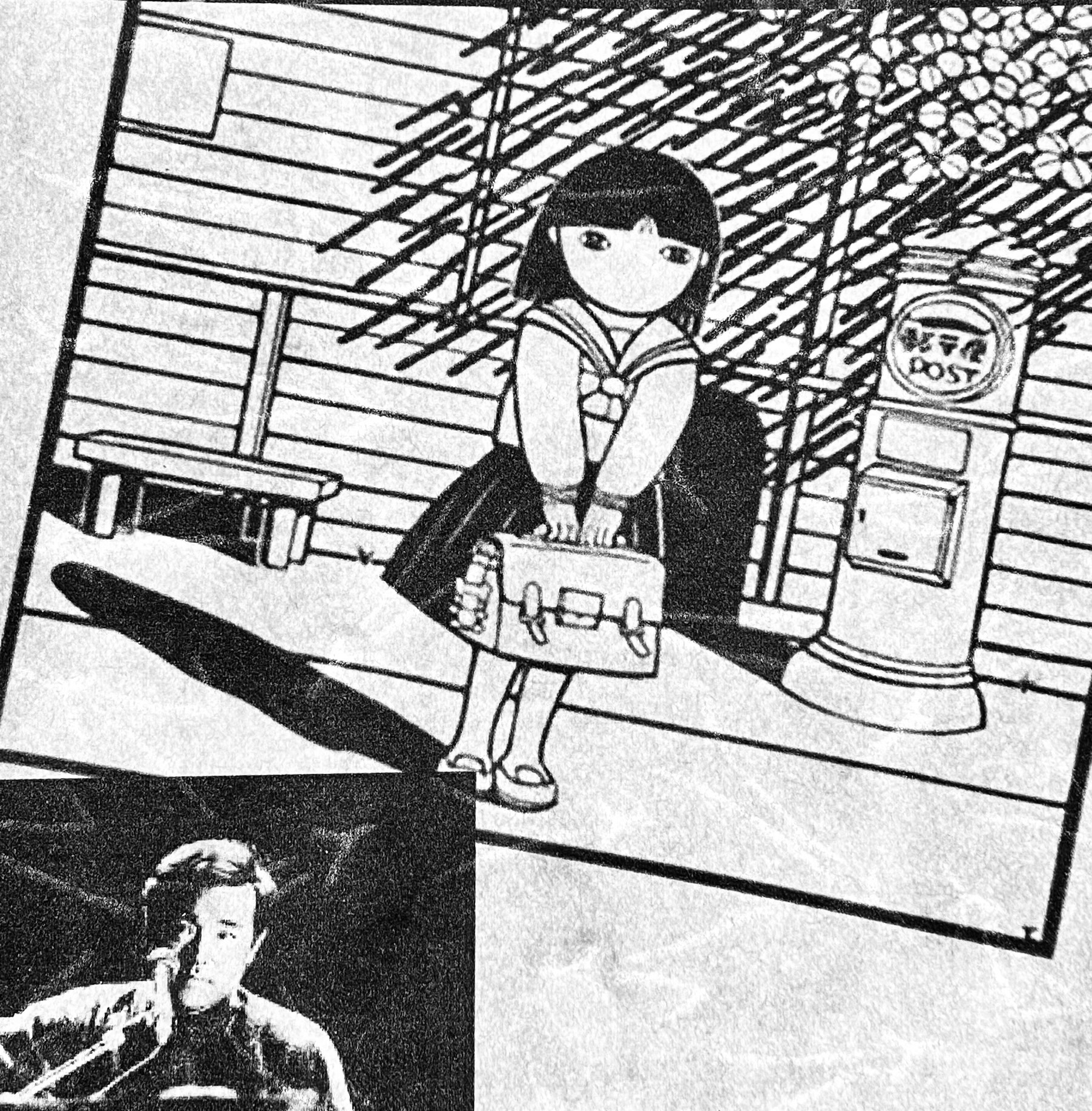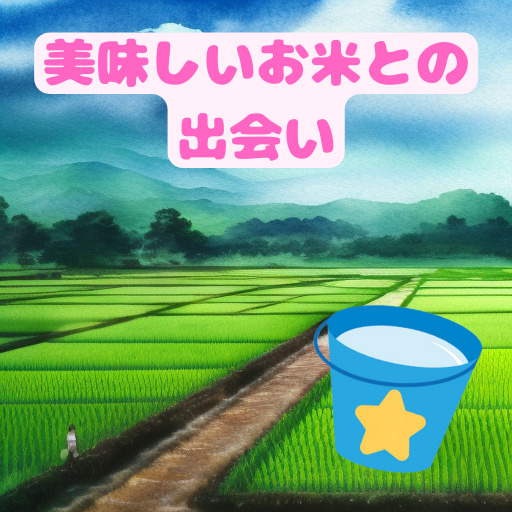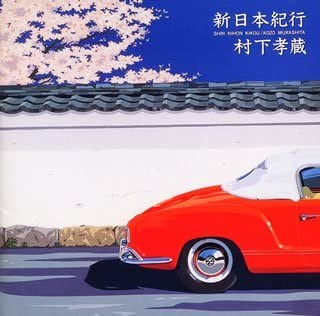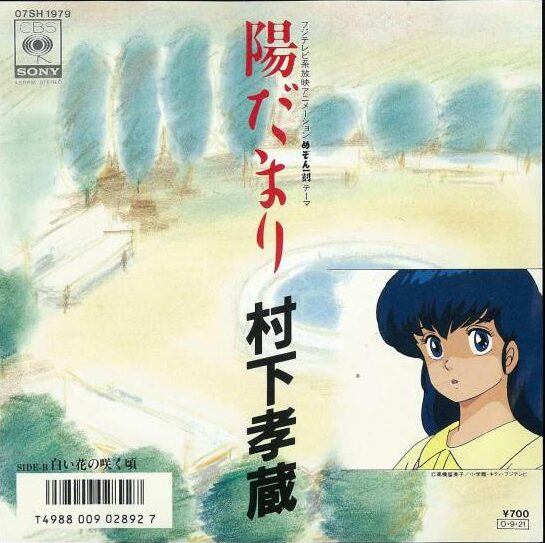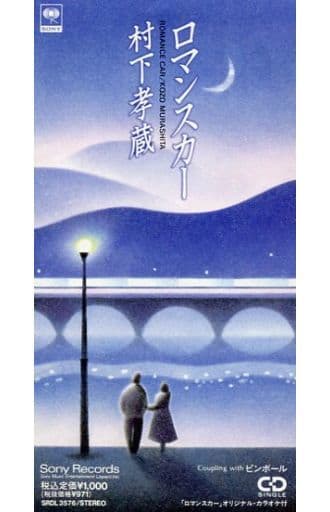Kozo Murashita song [Harusame(Spring Rain)] Lyrics and the meaning of its world view!
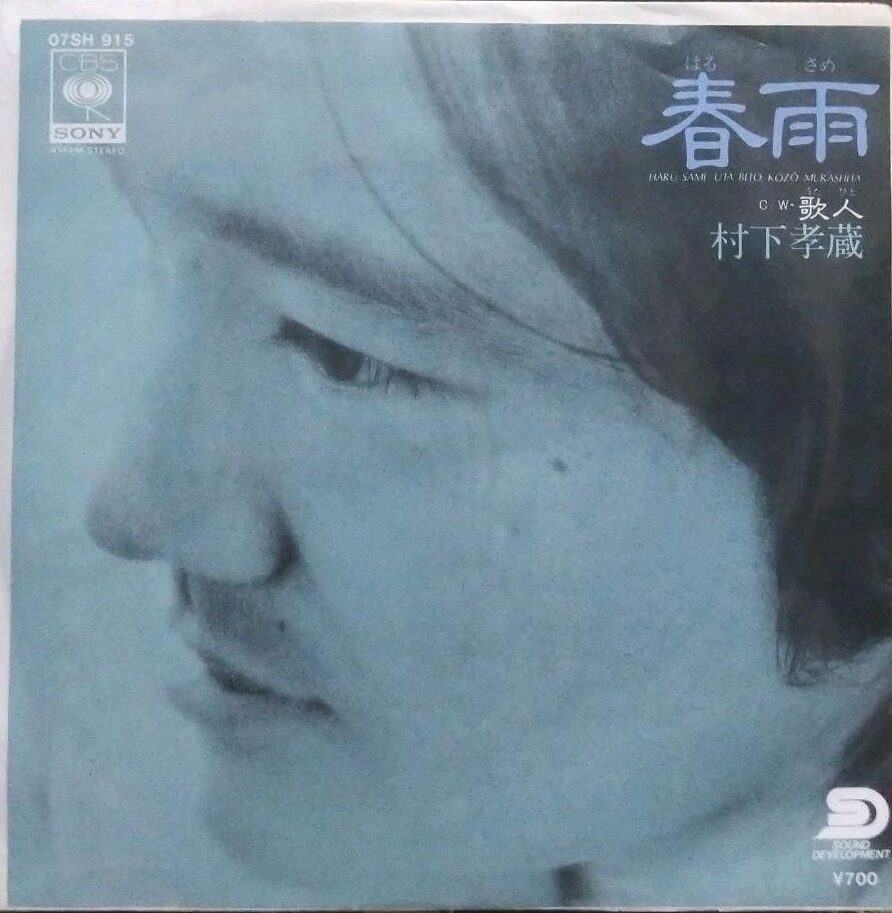
Whether you’ve just met Kozo Murashita, or you, a hot-blooded Murashitan, are welcome!
In this article, I will explain the meaning of the lyrics of the song “Harusame(Spring Rain)” by the genius poet, singer-songwriter Kozo Murashita, who was active in the Japanese pop world in the 1980s and 90s.
And I would like to enjoy and appreciate the story together with you.
(Reference)
The goal of this site is to explain all of Kozo Murashita’s songs, especially the meaning of the lyrics and the worldview. In this category, we would like to introduce mainly songs that have been single cut.
If you are interested, I am confident that you will enjoy the following articles, so please come visit us when you have time.
↓↓↓
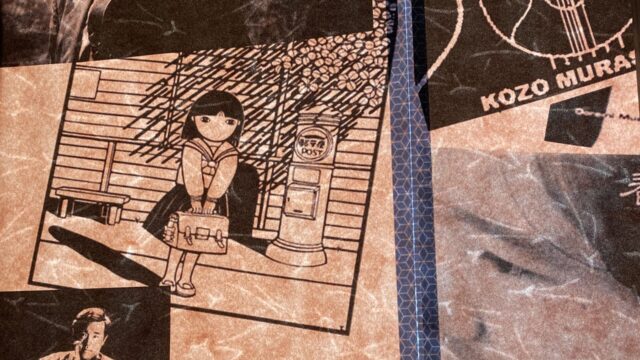
⇒ Total of 13! songsCommentary on hidden masterpieces in ranking format!
Let’s get started! The full lyrics (translation) are attached at the bottom, so if you want to refer to the whole song, please use it as appropriate.
A sweater woven from the heart
Can’t even hand over
Alone in the room
Tracing the memories to the untwisted thread
Commentary
Since it was released as a single in January 1981, it was made when Mr. Murashita was 27 years old. This song has a very elegant finish for his age, but the basic scene is that a woman talks about her feelings to a man from her perspective.
The two were dating, but judging from the development of the song as a whole, the relationship dissolved, probably due to the man’s change of heart. The woman never thought that the relationship would end, so she made the “sweater woven from the heart” for the man she loves every day.
However, the man is increasingly leaving the woman, and they no longer spend anniversaries such as birthdays together. The woman “can’t even hand over” the knitted sweater, “in her room alone”, “untwist” the sweater that no one has ever worn, and “traverses the memories” of the days spent together, living a lonely life. The image of a woman living alone in a small room on the corner of the street is similar to the world view of “Crossroads” listed in the hidden masterpieces ranking.
Sad love song he liked
I scratched the old record
that I always listened to alone
The two may not have just parted ways, and perhaps quite a few years have actually passed. At that time, the woman enjoyed listening to the man’s favorite “sad love song” together, but this time she listens to it by comparing it to herself.
Back then, because she loved the man, she wanted to know how good the song was, and “always listened to it alone.”
The woman “scratched” the “old record” with her fingernails. This part can be read as the behavior of the woman who chose to break up with the man, and it can be said that it is still a manifestation of sad and frustrating feelings.
The repeating voice is still like a rhyme
keep revolving in my heart
The “voice” of the damaged record repeating the same sad song over and over again, just like the words the man said at the time of parting, continues to revolve in her heart like a rhyme. I don’t know what the man said to the woman, but it says that he changed after moving to the city, so to put it bluntly, did he get tired of her?
A man cannot understand the heart of a single-minded woman and leaves. This is also something that is often seen in Mr. Murashita’s songs.
Even though I said goodbye every time I called
why were you silent at the end
I am so sad
The woman may be a little bit of a polite type. Before hanging up the phone, they would say goodbye to each other after they promised to talk again. However, despite saying goodbye every time, the woman looks back, saying, “Why were you silent at the end?”
The man’s feelings must have left the woman for some time. He used to communicate with her on the phone in a way that he could relate to her feelings, but he began to have doubts about the way it should be. As you can see from the lyrics in the latter half of the song, the two of them basically lived at a distance from each other, so the only way to communicate was by talking on the phone.
The city that changed him
I want to hate it all
Turn off the lights and lean against the wall
“Kogarashi”(Cold wintry wind) withers love
As a straightforward reading, it would be better to say that the man left the woman and went to the city. There are things and people in the city that he has never touched before.
The woman want to “hate all” the glittering “city” that “changed” the man with its unique charm.The woman herself has no choice but to spend time in a relatively ordinary town, and “turns off the lights and leans against the wall” in her room, listening lonely to the sounds she hears.
The cold blowing “Kogarashi”(cold wintry wind) is enough to “wither the love” that the woman warmly nurtured toward the man. Alternatively, it is possible that the cold weather, which seeps into the clothes of the man due to the unfamiliar coldness of the city, has drowned out the love that he have for the woman.
At least just a little more
I didn’t want to know
The spring rain wets my cheeks
I want to hide my tears
The woman murmurs, “I wish I didn’t know at least a little more.” What the woman probably learned here was that the man had a new partner, or at least that his intention to break up with her was definite.
As the season progresses into the depths of winter and the weather is getting even colder, the woman has come to realize this fact. At the very least, she wants to “wet her cheeks in the spring rain” that buds with warmth, and “hide her tears” that cool even her heart.
I shouldn’t have been so far away
Or did a dream abandon me
It is often said that when physical distance increases, so does mental distance. The woman asks herself, “Was it wrong for me to be so far away?” On the other hand, she wonders if the man’s “dream has abandoned her.”
If you take this “dream” as being successful in the city, you can see that it is the reverse side of the “Ferry to Matsuyama” that I explained last time. A man chasing his dream throws away a woman who keeps waiting… It’s like a play or drama.
A more abstract interpretation of “dream” would be, for example, an ideal future with a man that a woman envisioned. That dream has been shattered, which is why Mr.Murashita expresses it as “abandoned by a dream.”
I don’t want anyone to see me anymore
I will never see you again
Even if you come back to this town someday
As a literal understanding, can we take it as embarrassing and do not want anyone to see the “me” that is abandoned by men? However, that may lead to the impression that she is a bit selfish.
So let’s interpret it like this. Even the man whom the woman loved so much and who was supposed to love each other, changed his mind when the place changed. So, from now on, ” anyone else”, with the relationship of love and love in mind, “don’t look” at “me”, and even with the man, “I won’t see you again”.
By any chance, even if the man “returns to this town someday”, she will never meet him… the woman declares. This declaration is necessary, of course, because she still has feelings for him.
Even though I said goodbye every time I called
why were you silent at the end
I am so sad
It reminds the woman of the last time she called. At that time, they said goodbye to each other as usual, but after that she received a letter from the man telling her that he wanted to say goodbye. Perhaps he just informed her that he had moved and didn’t even write down his phone number. No matter how many times she speaks to the letter, there is no answer.
It’s “so sad” that she couldn’t hear the last words in the man’s own voice… The woman waits for the warm spring rain and stands in her room with the record that repeats the same voice.
It can be said that this is a masterpiece that elegantly sang the love pattern between a man and a woman who passed each other while making choices and having their own paths.
Highlight
As a whole, it is splendid that the feelings of the woman are expressed according to the scene. The violin also skillfully creates a basic image, and I think the guitar arpeggio also expresses how the woman looks back on the past. Mr. Murashita’s voice in the second chorus, “I don’t want anyone~”, and the way he expresses his emotions is wonderful.
In the concert, the violin played a major role, and there were scenes where it was slightly mixed with Mr. Murashita’s voice. It’s a phenomenon similar to “Pompoko“, but it’s charming in that area ♪
Editor’s opinion on the song
I didn’t think it would be so similar to “Ferry to Matsuyama”. I noticed it again when I tried to explain it this time. Even when the I started listening to Mr. Murashita, I think this song was pretty heavy rotation. The melody isn’t that pop, and the story isn’t all that intense, but somehow I find myself listening to it. Is it because it depicts the movement of the heart that everyone has felt, or at least can imagine?
Now, please enjoy “Harusame” even more while adding your own interpretations!
[Full lyrics]
A sweater woven from the heart Can't even hand over Alone in the room Tracing the memories to the untwisted thread Sad love song he liked I scratched the old record that I always listened to alone The repeating voice is still like a rhyme keep revolving in my heart Even though I said goodbye every time I called why were you silent at the end I am so sad The city that changed him I want to hate it all Turn off the lights and lean against the wall "Kogarashi"(Cold wintry wind) withers love At least just a little more I didn't want to know The spring rain wets my cheeks I want to hide my tears I shouldn't have been so far away Or did a dream abandon me I don't want anyone to see me anymore I will never see you again Even if you come back to this town someday Even though I said goodbye every time I called why were you silent at the end I am so sad
(Lyrics/Composition: Kozo Murashita – 1/21/1981)
Related articles-Other music commentaries
Thank you for reading this far! Finally, I would like to post an article on this site that has explained Kozo Murashita’s music so far. By all means, please continue to enjoy Kozo Murashita’s view of the world☆
- The beauty, sadness, and preciousness of staring into one’s own heart “Hatsukoi(First Love)“
- The irreplaceable love seen in the theme song “Hidamari” of “Maison Ikkoku”
- Pure is why it is difficult to understand! Complete explanation of “Odoriko(Dancer)”
- Intoxicated by the worldview of a “Shojo(A girl)” who is innocent of true love

⇒ singles such as “Ferry to Matsuyama” are also being explained in order [icon name=”compact-disc” prefix=”fas fa-pulse”
